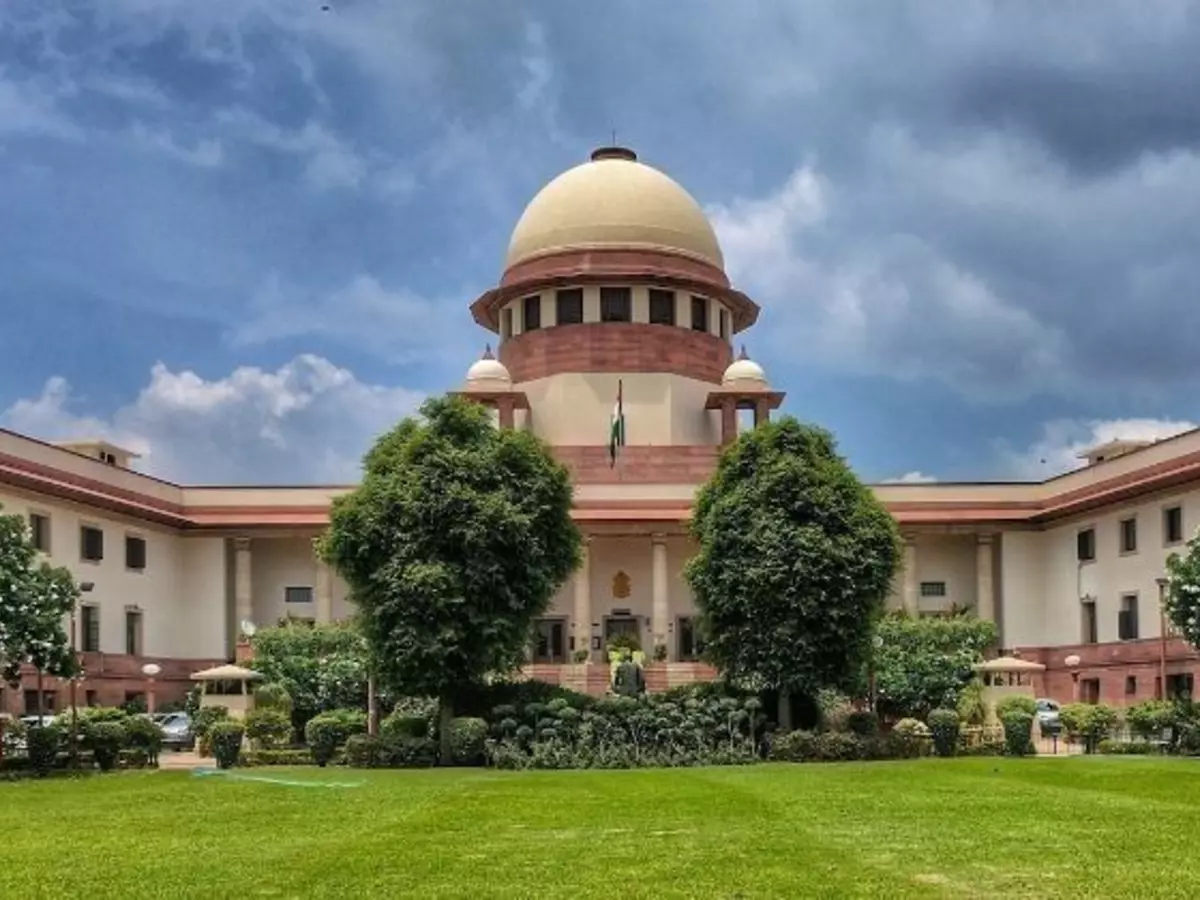Jaipur High Court halts sealing of heritage shops
The Rajasthan High Court has issued an order to maintain the status quo on the sealing of 19 commercial complexes in Jaipur’s historic Walled City, temporarily halting action taken by the Jaipur Municipal Corporation – Heritage (JMC-H). The move comes amid an ongoing legal dispute over the legality of these establishments and their impact on the area’s heritage. The order was passed by a division bench comprising Chief Justice MM Shrivastava and Justice Bhuvan Goyal, in response to an application filed by the operators of these commercial establishments, who contested the manner in which the decision was reached.
The matter originates from a suo motu cognisance taken by the high court regarding allegations of unauthorised commercial activities in residential buildings in the Walled City, particularly in and around Haldiyon ki Rasta. A court-appointed committee had examined the matter and concluded that these 19 buildings were entirely illegal, operating in violation of zoning laws and heritage preservation norms. The committee’s findings raised concerns that some of these business activities were damaging the cultural and architectural integrity of Jaipur’s Walled City, a UNESCO World Heritage site. Acting on these recommendations, the high court had previously ordered the sealing of these properties, triggering widespread concern among traders and commercial occupants.
Senior counsel representing a group of petitioners argued that the committee, constituted on 18 September 2019, had not adequately considered the representations made by the occupants before recommending the sealing of the buildings. The petitioners contended that relevant documents proving the legitimacy of their operations were ignored, and that they were denied the opportunity to present their case. This alleged procedural lapse formed the basis of their appeal for a review of the sealing order. After hearing the arguments, the high court ruled that the sealing process should be halted for the time being, maintaining the current state of affairs until further examination of the claims.
The dispute highlights the broader tension between urban commercial expansion and heritage conservation in Jaipur’s Walled City. The high court’s intervention has placed a temporary pause on the municipal corporation’s actions, but the fundamental issue remains unresolved. Civic authorities argue that unregulated commercial activities not only violate land-use policies but also pose a risk to the structural stability and aesthetic appeal of the Walled City, which draws tourists from across the world. Meanwhile, business owners contend that they have been operating in these spaces for years and that any sudden crackdown could threaten their livelihoods. The case now stands at a critical juncture, with further legal proceedings set to determine whether commercial activities in these disputed buildings will be permanently restricted or allowed to continue under revised regulations. The court’s final ruling could set a significant precedent for urban development policies in historically sensitive areas across the country.


